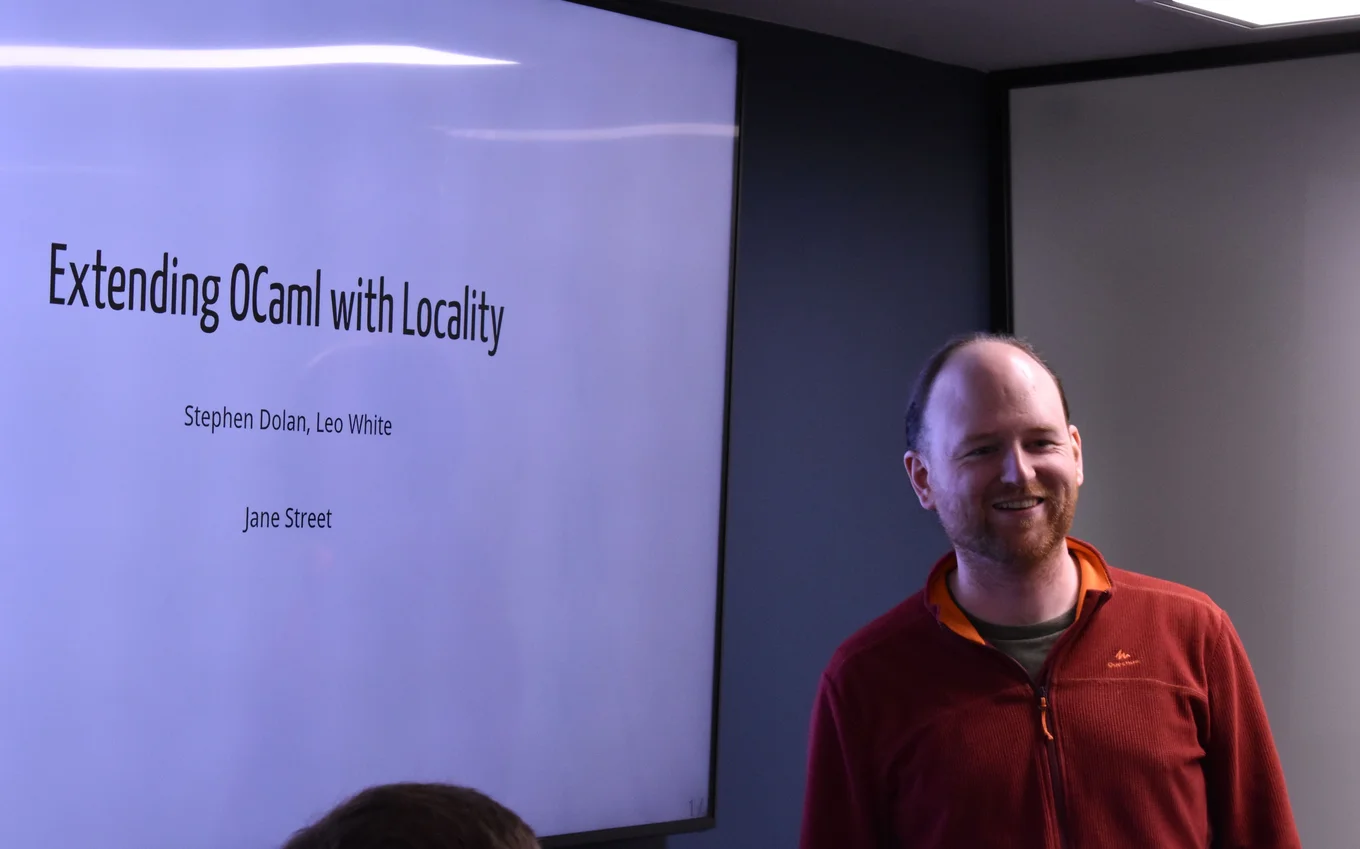
Making OCaml 5 Succeed for Developers and Organisations

Help us to advance OCaml’s capabilities, maintaining crucial tools, and fostering a thriving community
We are dedicated to advancing OCaml development, maintaining core tools and services, and increasing its adoption in as many industries as possible. With your generous support, we can continue to push the boundaries of OCaml, develop essential tools and libraries, and maintain the ecosystem to benefit the entire community.
Read more about our open-source and community projects.






We develop and maintain a range of free and open-source OCaml software and tooling, including:
Our work focuses on ensuring that the OCaml compiler retains its fine balance of ease of use, correctness, and performance whilst still evolving to include new features. This includes developing new language-based tools for specification-based testing, fuzzing, and verification of OCaml code. In 2022, Tarides introduced Multicore support for shared-memory parallelism and concurrency to OCaml 5.0, bringing years of development, award-winning research and ground-breaking code in mainline OCaml.
We develop and maintain a number of core OCaml tools, ensuring their availability and compatibility with new compiler releases. Our goal is to ensure that OCaml users can rely on and have easy access to a set of high-quality, practical development tools backed by the latest research and innovation efforts. We aim to unify the installation process of platform tools, document the recommended tooling workflows, sync regular releases with the OCaml compiler, migrate existing workflows to the platform, and provide deprecation timelines for older tools





